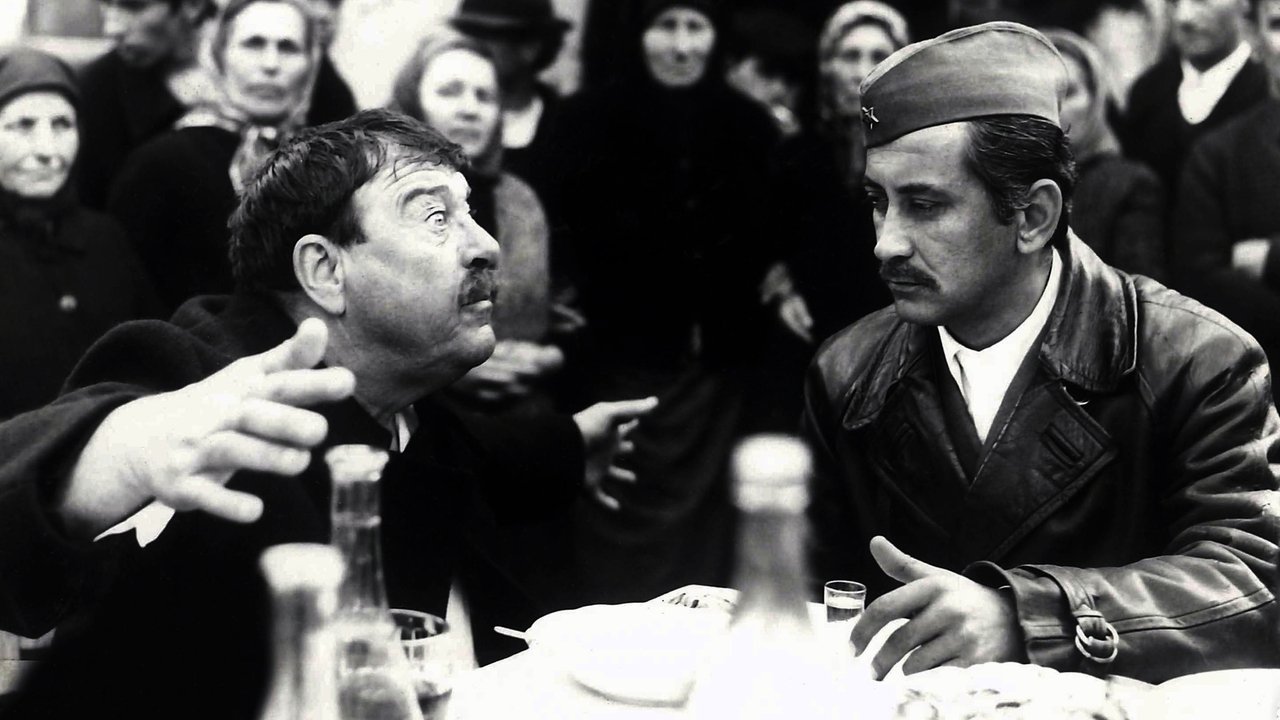
The Ambush (1969)
Idealistic young man supports the party and the new Yugoslavia's communist regime, but soon gets involved in various political and criminal machinations becoming more and more confused about what's right and what's wrong.

Idealistic young man supports the party and the new Yugoslavia's communist regime, but soon gets involved in various political and criminal machinations becoming more and more confused about what's right and what's wrong.
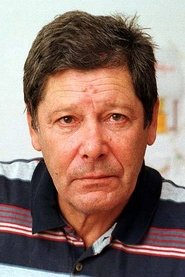 Ivica VidovićIve Vrana
Ivica VidovićIve Vrana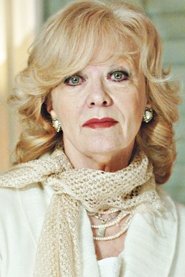 Milena DravićMilica
Milena DravićMilica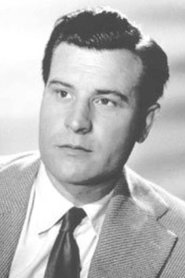 Severin BijelićZeka
Severin BijelićZeka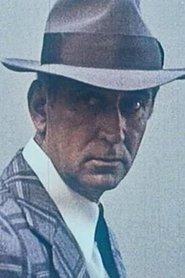 Slobodan Aligrudićdrug Jotić
Slobodan Aligrudićdrug Jotić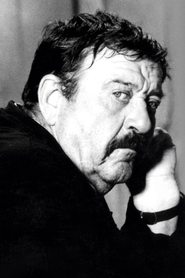 Pavle VuisićStarešina sela
Pavle VuisićStarešina sela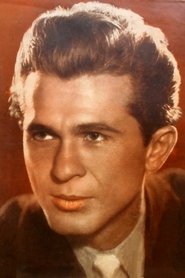 Dragomir FelbaTopolovački
Dragomir FelbaTopolovački Branko MilićevićVođa Skojevaca
Branko MilićevićVođa Skojevaca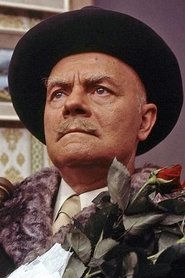 Milivoje 'Mića' TomićProfesor razrednik
Milivoje 'Mića' TomićProfesor razrednikWhen the Soviet Army marched into Romania in 1944, a part of the Romanian population went “into the mountains” – a diverse assortment of nationalists and fascists, liberals, apolitical farmers and members of the middle-class, who were affected by the Communists’ expropriations. Over a thousand armed resistance groups took refuge in the inaccessible forests of the Carpathian Mountains where they waited in vain for the support of the Western Allies. One of them was led by Ion Gavrilă-Ogoranu, who managed to remain undetected until 1976 when he was arrested. This film depicts the daily existence of this group. It tells the story of a struggle that became an end in itself, as the enemy was constantly in pursuit and arrest meant torture and often liquidation. Hungry and emotionally withdrawn, the group of young men got entangled in a partisan war that could not be won, lost in the landscape of the South Carpathians, accompanied by a vigilant secret police, the Securitate.
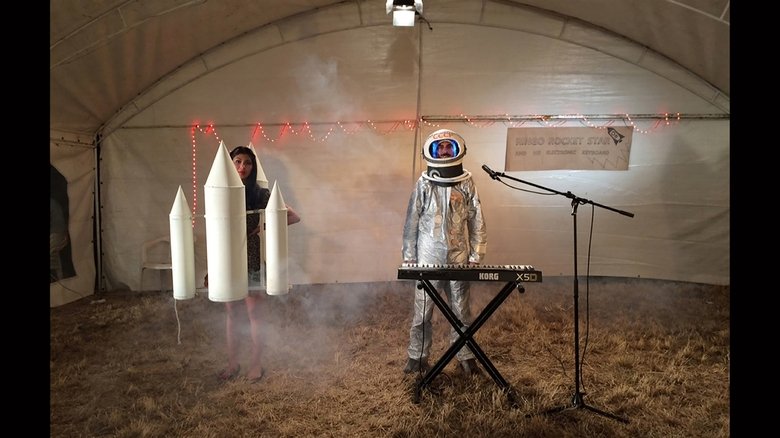
A dry, tragicomic musical short about a gipsy who thinks he will become famous by writing a song for the first man in space, Yuri Gagarin.
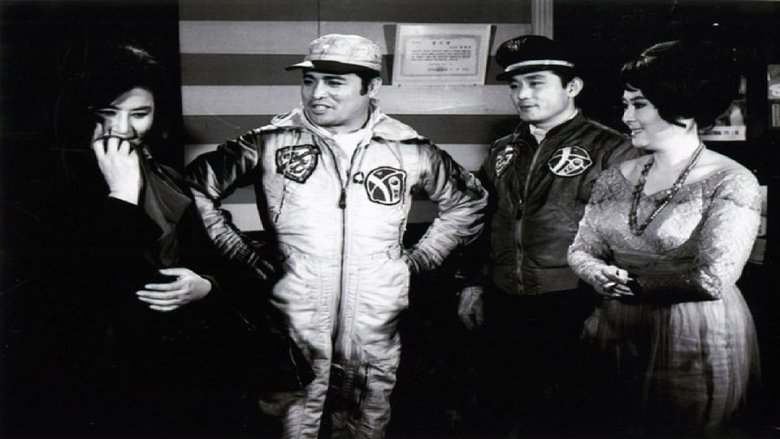
South Korean Air Force pilots engage in perilous missions against Communist North Koreans during the Korean War.
A general depiction of the famous 1930's Long March of the Chinese Red Army.
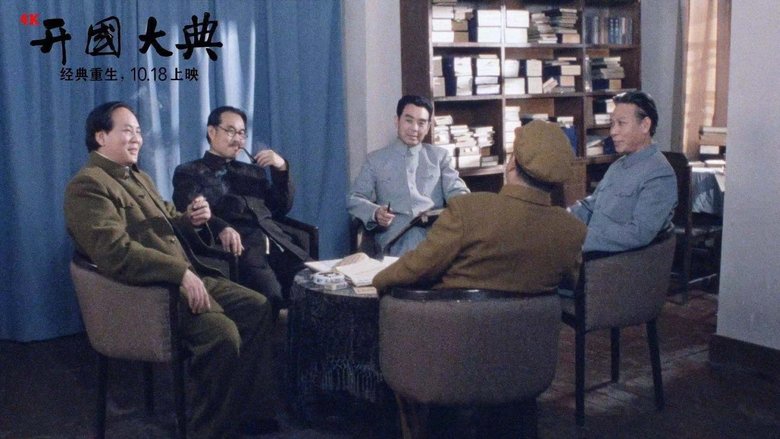
In the spring and summer of 1949, the People's Liberation Army launched an offensive under the orders of Mao Zedong and Zhu De, they crossed the Yangtze River and Nanjing was liberated on April 23 which signaled the fall of the KMT regime, Chiang Kai-Shek fled to Taiwan; on October 1, 1949, Mao Zedong standing on the rostrum of Tiananmen, solemnly declared the foundation of the People's Republic of China.
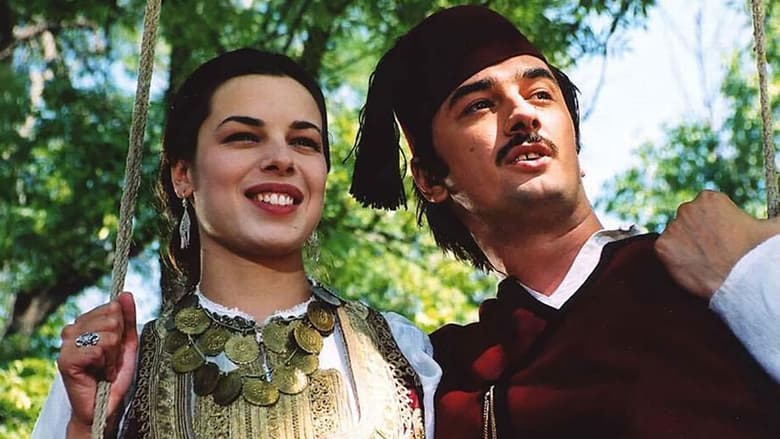
Zona Zamfirova is set in the eastern Serbian city of Niš in the 19th century. The plot follows the story of Zona Zamfirova, a local rich man's daughter, and the vicissitudes of her affair with Mane, an ordinary goldsmith. As it was undesirable for the daughter of a rich man to marry a craftsman, the two are at first divided, with the possibility of Zona marrying Manulać, who came from a wealthy family. Everything is, however, changed as Mane organizes a successful conspiracy to keep Zona for himself.
In an insurrectionary climate, four twenty-year-old friends talk about politics. As a big protest looms, one of them, Clara, has to write a college essay. Caught in the virtual images and the comfort of her bedroom, going out is harder than expected.
A partisan battalion falls into enemy trap more than once, which makes them suspect it's about treason. Their commissar and commander move the unit in a remote settlement in order to discover the enemy agent. This draws a lot of suspicion and distrust within the unit, and finally it was the head of the battalion who was charged as guilty, and executed. However, was he the real intruder? The commissar and the commander take the battalion to a new battle without definitive knowledge of the whole present situation.
In order to save her family from financial collapse, a young woman named Sofka marries 12-year-old son of a wealthy merchant. Grown up in different times and milieu, her husband shows no understanding for such move of hers.
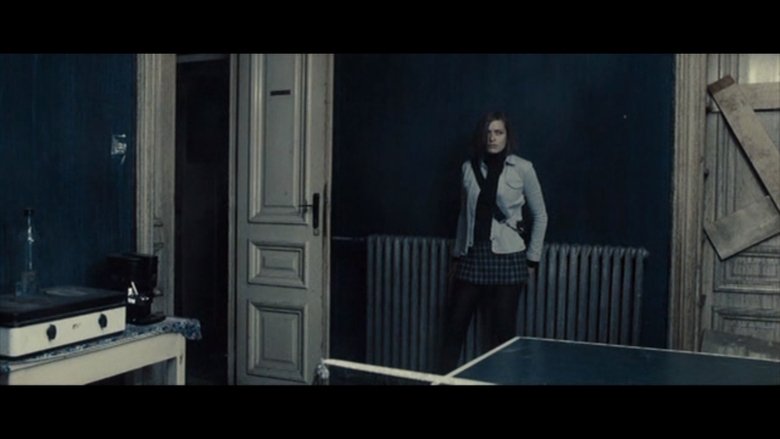
In Marseille, the young Serbian-Albanian Adria Shala is an illegal immigrant traumatized by her past. Every now and then Adria recalls her life in Kosovo, when she was saved from rape by a deserter called Srdjan Vasiljevic in 1999. They move to Belgrade where Srdjan becomes a gangster, dealing weapons and becoming an assassin. Adria learns how to shoot and helps Srdjan with his work at first, becoming his mistress later.
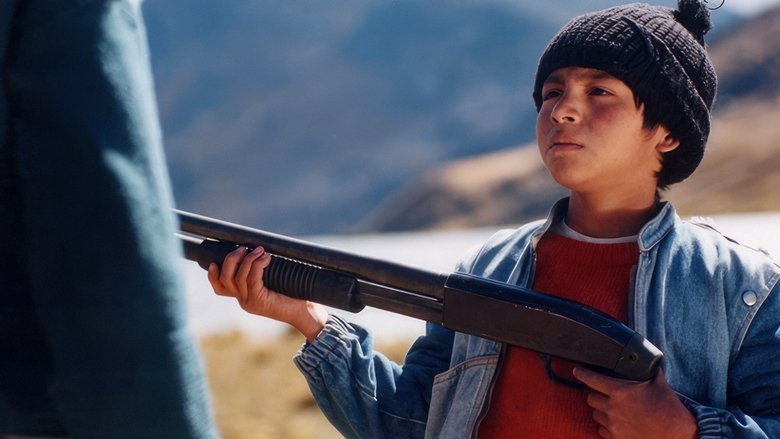
Juan, a young man convicted of terrorism, is given amnesty from a Lima prison; he boards a bus to return home and, in his mind's eye, recalls events in his village near Huaraz when he was 10 or 12. His father is long dead, his mother lives with Fermin, secretly a sympathizer with the Communist guerrillas in the hills. Town leaders are assassinated at night. When Juan discovers Fermin's secret, Juan is spirited away to the guerrillas to learn Marxist slogans and how to fight. When the band decides to attack the town to avenge the death of a comrade, Juan must choose.
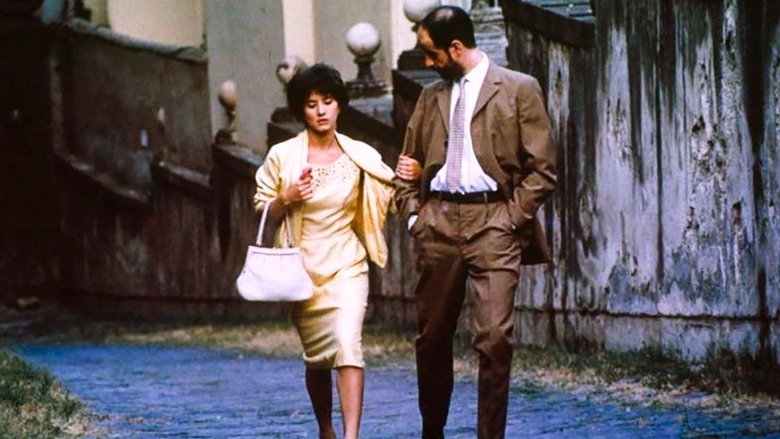
Naples, 1959. Pure Mathematics professor Renato Caccioppoli, Bakunin's grandson, is a tortured soul. Recently discharged from the psychiatric hospital, left by his wife, and increasingly disillusioned with academia and the Communist Party, he lives his last days with painful detachment.
Based on a TV sit-com series and set in World War II, about how an ordinary woodcutter develops into an active partisan fighter.
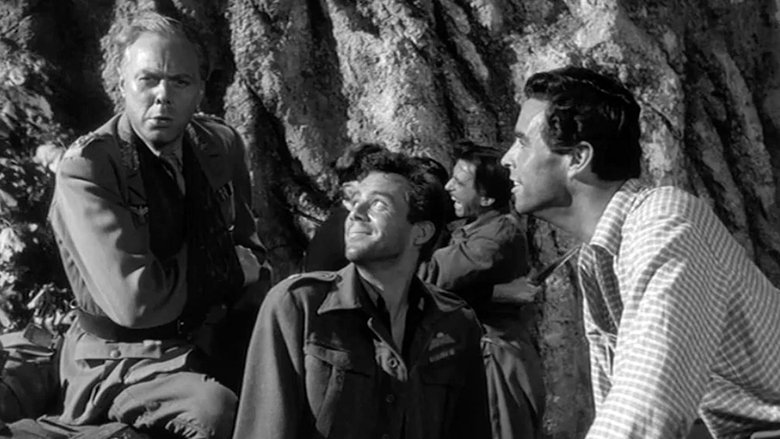
Led by British officers, partisans on Crete plan to kidnap the island's German commander and smuggle him to Cairo to embarrass the occupiers.
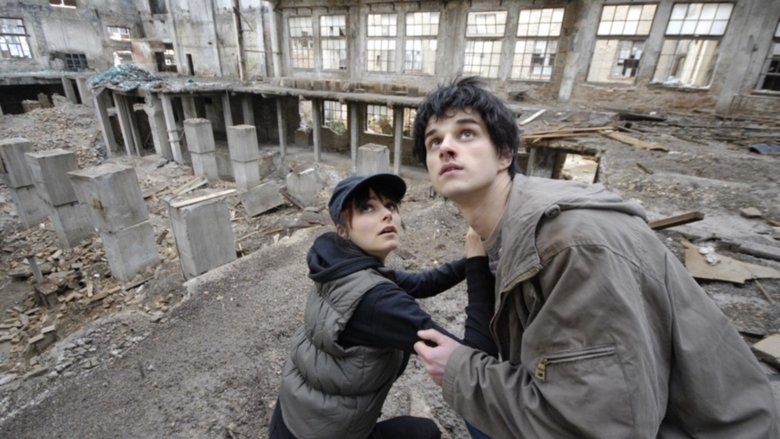
Novica is a mathematics champion in a Belgrade high school. In an attempt to overcome the ‘geek’ status at school, Novica becomes attracted to the world of skinheads by his school friend Relja. Novica is exposed to violence, hooliganism and racism; embracing the ideology and climbing up the ladder in the gang hierarchy.
Paramu, a farmer, lives with his wife and two kids in a small village. He struggles to earn money for his family. Things take a turn when his son exposes the wrongdoings of Nair, a cruel landlord.
The life of a Romanian Orthodox Priest, who went from a hard childhood in godless, communist Romania, to the land of all freedoms, America.
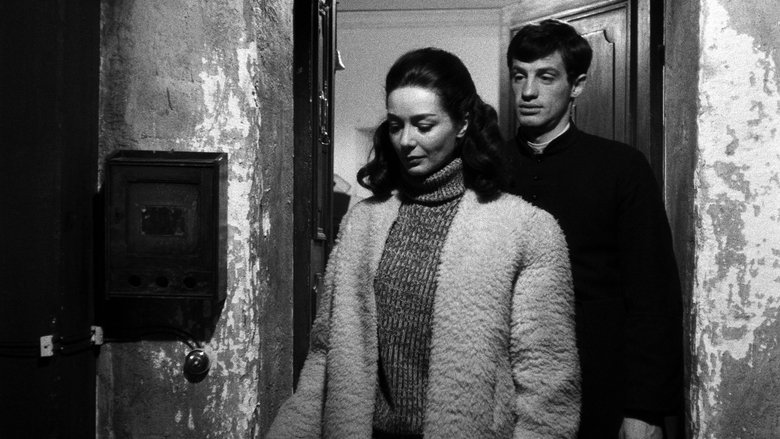
Barny, although a Marxist, is intrigued by the mysteries of religion. In confession, she teases a priest, Léon Morin, but he is a young and intelligent man and ready to discuss anything.
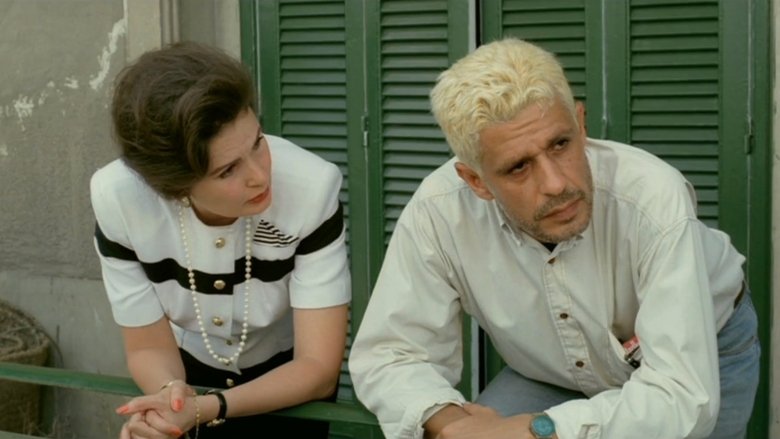
Nubi, a wealthy man with Communist ties, sets out to find his half-brother Gamal, who has been disowned for being gay, to let him inherit his father's fortune. In the process, Nubi is supposed to kill Gamal's stepmother Raifa, a suspected drug dealer, before she can kill his half-brother.
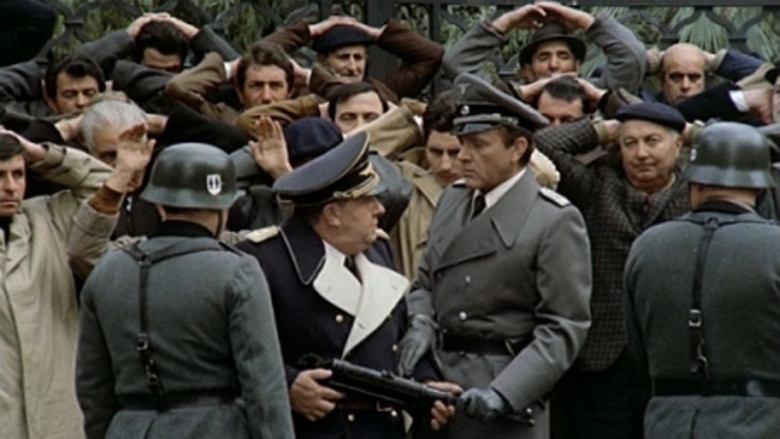
In the Nazi occupied city of Rome, an assault on an SS brigade draws retaliation from the military governship. "Massacre in Rome" is the true story of how this partisan attack led to the mass execution of Italian nationals under the orders of SS-Lieutenant Colonel Kappler.